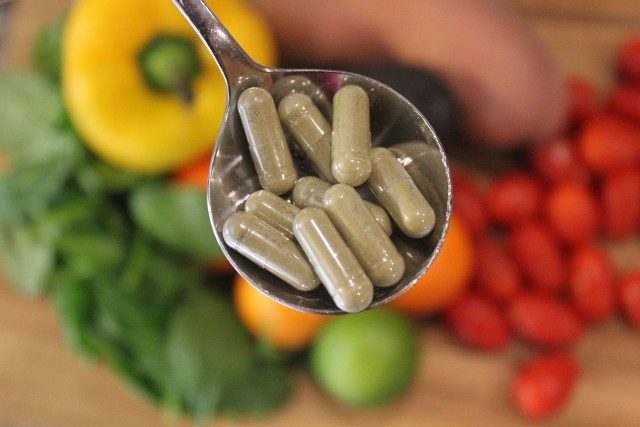
Do you know that when it comes to vitamins, minerals, and other micronutrients, your body prefers to get them from real food rather than supplements? There are many excellent food sources of essential Vitamins, Minerals, and other Micronutrients. We need micronutrients daily and in the right amounts to ensure that our biological processes occur efficiently.
Why do you need Vitamins and Minerals?
Vitamins and minerals are nutritional substances that are vital for normal physical and intellectual growth and development, good health and to prevent disease. They’re also called micronutrients or supplements. Your body only needs small amounts but it doesn’t produce any, and so they must come from the food you eat.
What about the food groups you learned about in school? Carbohydrates, proteins and fats, the main food groups, also known as macronutrients, are your body’s primary source of energy for metabolism. Vitamins and minerals working together with macronutrients help facilitate your body’s biochemical processes.
Nature made or Man made?
The benefits of the micronutrients you get from food or store-bought vitamin supplements depend on your body’s ability to absorb them. It doesn’t do you any good if very little of what you take is available for use by your body.
When you take medicine or substances, the bioavailability is the amount of it that enters your blood circulation and so can be active in your system doing what it’s supposed to do.
Micronutrients you get from eating whole food are superior in quality and bioavailability to the artificially made supplements you buy.

What prevents your body from absorbing micronutrients?
Whether you get your micronutrients from food the way nature intended or in pills purchased from a pharmacy, several things affect how well your body absorbs them.
- Many store-bought vitamin pills do not fully dissolve in the stomach and so some pass out unused in your stool.
- The kinds of foods you eat and how you combine them – for example, vitamin C improves absorption of iron and vitamin D helps calcium uptake. Eating an orange after eating beef allows you to absorb the iron better. The fat-soluble vitamins – A, D, E, K – are better absorbed when you take them with a meal rich in healthy fats such as groundnut oil, olive oil or fatty fish.
- How food is prepared – Steamed or raw vegetables retain more nutrients than when cooked.
- The source of the nutrient – iron from meat is better absorbed than that from plants. The chemical formulations of some nutrients in pills are not readily absorbed.
- Amount of the nutrient – your body adjusts its absorption of a nutrient based on how much of it is present and how much is needed. If you have a low calcium diet, for example, your body will efficiently extract all the calcium from whatever you eat.
- Time of day you take a vitamin supplement – calcium is better taken at night because the hormone that helps you to absorb it is at its highest level during the night.
- Medical conditions you have can interfere with your digestive tract’s ability to take in nutrients.
- Drugs you’re taking can counteract the effect or block the intake of micronutrients – Antacids that are commonly used to treat heartburn or indigestion lower the absorption of Vitamin B12, calcium, and iron.
- Stress causes a “fight or flight” response that causes digestive problems which can interfere with absorption of vitamins and minerals. Reducing your stress or developing a better way to deal with it can relieve heartburn and indigestion. Inadequate sleep is a significant stress on your body.
- Caffeine interferes with iron absorption – limit coffee, tea and caffeine-containing soft drinks.
- Alcohol damages the lining of your stomach and small intestines, changing how well you absorb of vitamins and minerals. Alcohol also lowers production of digestive enzymes, which help your body break down the nutrients. It’s better to keep away from alcohol.
- Exercise – It’s not advisable to exercise right after a meal because during exercise blood is shunted away from your intestinal tract to your muscles. It’s best to work out at least two hours after eating.
- Always take vitamins pills with food – Combining vitamin supplements with food slows down the time the nutrients take to pass through your digestive tract. For some nutrients, the longer they remain, the better the rate of absorption.
If everything you just read seems overwhelming, it only seems more complicated than it is. There’s no need to obsess over eating the right foods, at the right time, and in the right combination with other foods. You can obtain your essential micronutrients by just eating a wide enough variety of healthy fresh foods.
If you don’t have any underlying medical conditions, you can get all the nourishment you need from a healthy diet. However, most adults live fast-paced, stressful lives, don’t eat well, drink more alcohol than they should and are less physically active than is recommended.
Take a moment to re-prioritize and decide to take the first step towards a healthier you by developing healthy eating habits.

